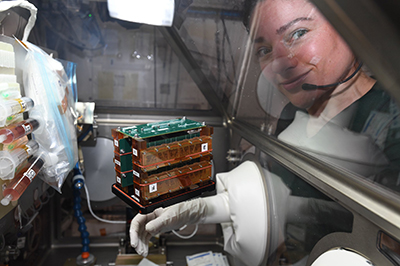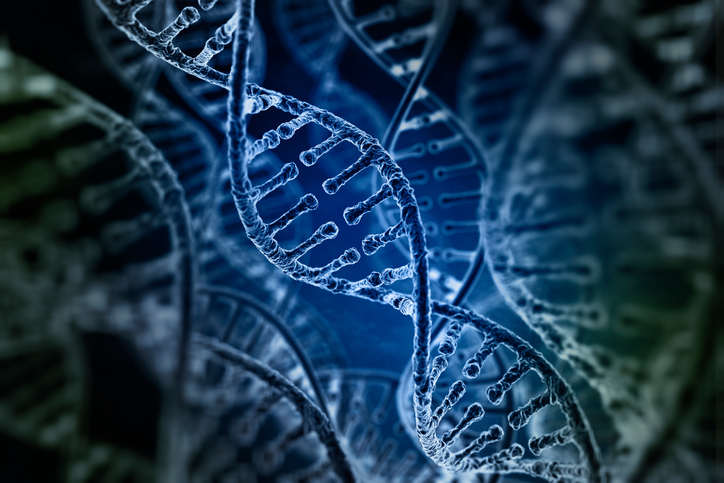Possible complications of staph infections
Invasive staph infections can lead to serious complications that may require immediate medical attention. Symptoms vary depending on the type of infection, your general health, and the location of the infection.
Septicemia
Sepsis is a complication of a life-threatening infection. Symptoms of sepsis typically include fever, chills, rapid breathing, elevated heart rate, and disorientation.
Your doctor will diagnose you with sepsis if you have an infection and at least two of the following symptoms:
- A body temperature higher than 100.4 degrees F or lower than 96.8 degrees F
- A heart rate greater than 90 beats per minute.
- A respiratory rate greater than 20 breaths per minute.
- A white blood cell count greater than 12,000, less than 4,000, or a band cell count greater than 10 percent (band cells are also known as immature neutrophils, a type of white blood cell)
Septic arthritis
toxic shock syndrome
- A sudden high fever
- Vomiting
- Diarrhea
- low blood pressure
- A rash that looks like a sunburn (usually on the palms of your hands or soles of your feet)
- Confusion
- muscle pain
- Seizures
- Redness in the eyes, mouth, or throat.
- Headache
Endocarditis
- Fever and chills
- night sweats
- A new or changed heart murmur
- Difficulty breathing
- Pain in joints and muscles
- Fatigue
- Pain in the chest when breathing.
- Swelling in the feet, legs, or stomach.
If endocarditis is left untreated, it can lead to the spread of a staph infection to other parts of the body.
Osteomyelitis
- Fever
- Shivers
- Irritability
- Swelling, warmth, or redness around the infected bone.
Rarely, this type of infection has no symptoms.
Bacterial pneumonia
Pneumonia causes inflammation and a buildup of fluid and pus in the air sacs of the lungs. Staphylococcus is one of several types of bacteria that can cause pneumonia.
- Cough that produces phlegm.
- Chest pain when breathing or coughing.
- Fatigue
- High fever
- Sweating or chills
- Confusion (especially in older adults)
- Difficulty breathing
- Nausea, vomiting or diarrhea.
Food poisoning
Signs and symptoms of food poisoning caused by toxins produced by Staphylococcus aureus Bacteria usually appear quickly (within hours of eating contaminated food) and also disappear quickly.
- stomach cramps
- Nausea
- Vomiting
- Diarrhea
- Dehydration
- low blood pressure
Pyomyositis
- Pain and tenderness near the affected muscle.
- Fever
- An abscess or lump under the skin.



